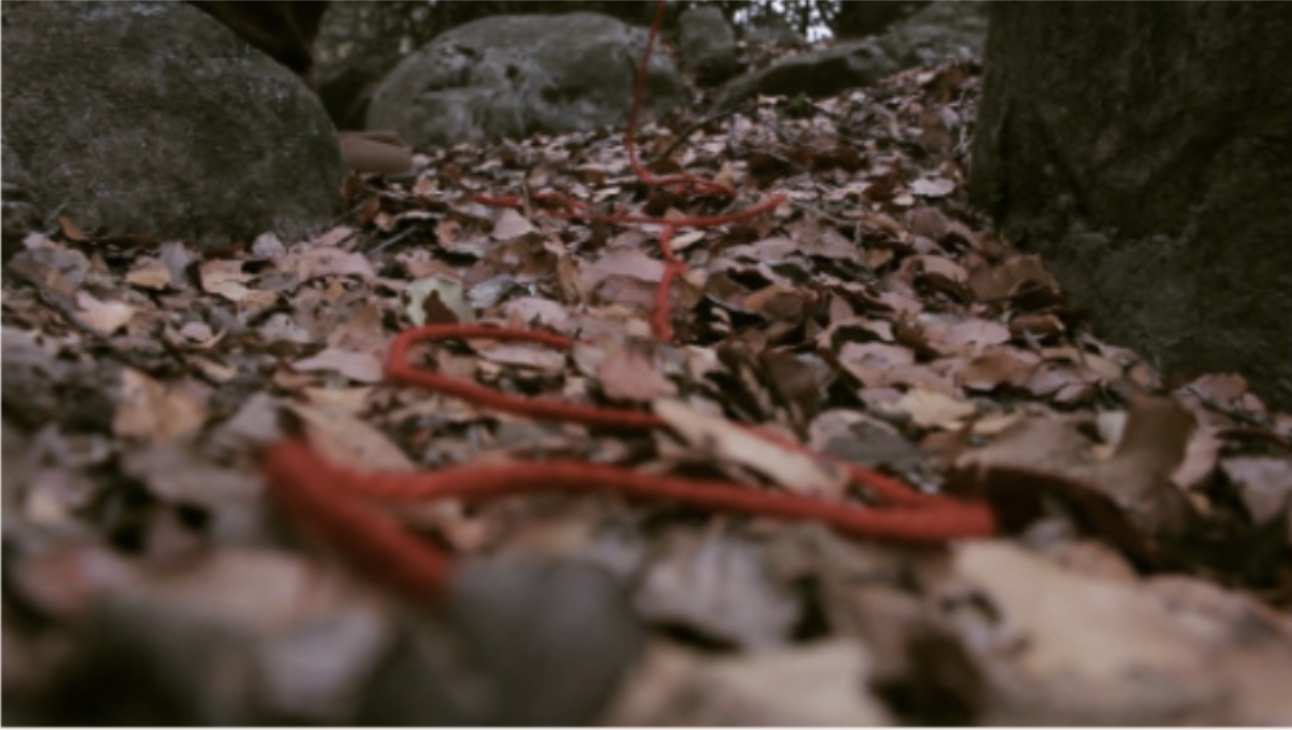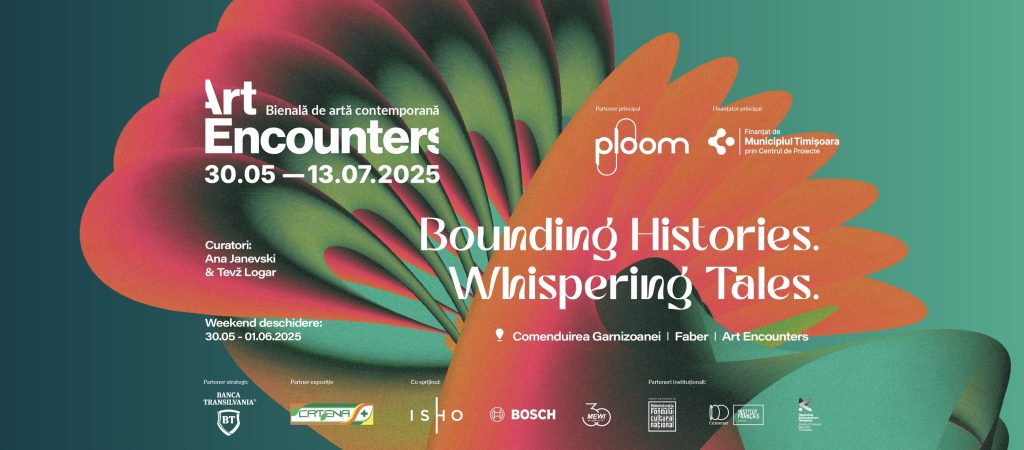
Cecilia Vicuña
(b.1948, Santiago)
Cecilia Vicuña (b.1948, Santiago) is a poet, performer, and visual artist who coined the term “arte precario” (precarious art) in the 1960s, addressing issues like ecological destruction, human rights, and cultural homogenization. She was exiled in the early 1970s after the military coup against President Allende. The artist’s work is shaped by a desire to honor indigenous culture, particularly the Quipu, an Andean knot-record writing system. Vicuña has exhibited globally, with recent solo shows at MoCA, North Miami; Witte de With, Rotterdam; Museo Universitario Arte Contemporáneo, Mexico City); and CA2M, Madrid. Her art is collected by museums like the Tate, MoMA, Guggenheim, and Museo de Arte Contemporáneo de Chile. She’s published 27 books and has a diverse filmography. Vicuña is co-founder of Oysi.org, which promotes indigenous knowledge systems. She divides her time between New York City and Santiago de Chile.
Courtesy of the artist and Electronic Arts Intermix (EAI), New York.
© Cecilia Vicuña / ARS, NY / VISARTA București, 2025.
Courtesy the artist and Lehmann Maupin, New York, Hong Kong, Seoul and London.
